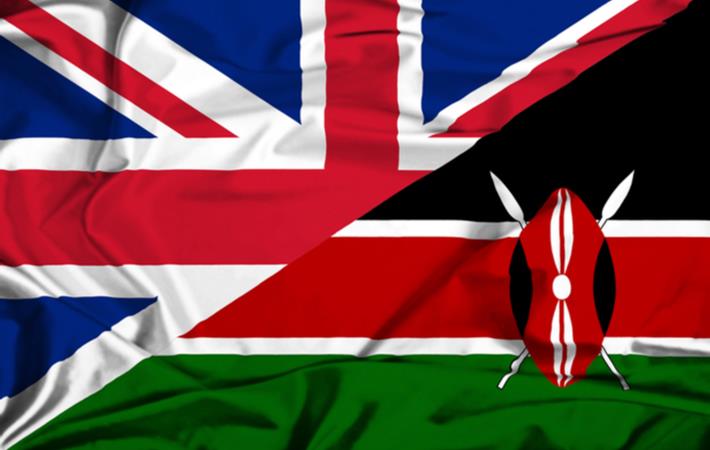Kenya’s new trade pact with the United Kingdom, will now make it possible for British goods to be shipped into Kenya Tax free for a period of 25 years.
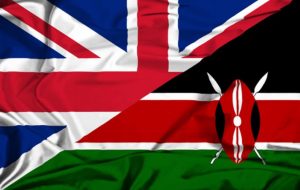
The trade deal or partnership which is coming after the widely publicized Brexit, and is expected to lead to products from and by British companies entering Kenya’s local market. This will include unfinished goods and finished goods that exclude industrial products as well as agricultural products upon the expiry of a moratorium that will go on for a seven year period.
Kenya’s Ministry of Industrialisation, Trade and Enterprise Development revealed the details of the trade agreement and asked the nation’s Parliament to ratify the Economic Partnership Agreement (EPA) which was signed between Kenya and the United Kingdom of Great Britain and Northern Ireland (UK).
On the 8th of December 2020, Kenya signed a post-Brexit trade deal with the United Kingdom which essentially preserved duty and quota free access of its exports after the United Kingdom left the European Union (EU) on the 31st of December 2020.
Cabinet Secretary Betty Maina during an explanatory memorandum that accompanied the Economic Partnership Agreement (EPA) which was brought before the Parliament on the 22nd of December 2020 for ratification said, “Kenya is offering to open 82.6 per cent value of total trade to the UK over an extended transition period (up to 25 years with a seven- year moratorium) constituting of mainly raw materials, capital goods, intermediate products and all other essential goods.”
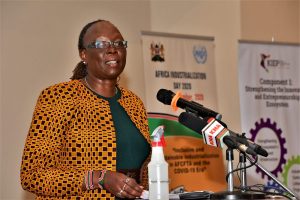
The Trade, Industry and Cooperatives committee of the National Assembly had on Thursday the 18th of February 2021 presented its report on its consideration of the Economic Partnership Agreement (EPA) and subsequently set the stage for debate by the House.
The United Kingdom Parliament and the Kenyan Parliament are both required to first ratify the agreement in order for it to be implemented. Britain’s Upper House of Parliament; the House of Lords has however supported a proposal by its its International Agreements Committee for a 21 day extension of the initial ratification deadline which was set for the 10th of February 2021.
The delay proposal is also credited to the fact that the United Kingdom’s government has so far, not yet revealed the other options it has put under consideration as options that will aid or guarantee the continued trading arrangements it has Kenya, as well as why it decided against replicating the European Union (EU)’s Market Access Regulation (MAR) which helped to dictate the economic alliances between both sides prior to Brexit in December 2020.
In 2020 Kenya exported 49.5 billion Kenyan Shillings worth of goods to the United Kingdom (UK) which is higher than the 39.7 billion Kenyan Shillings figure which was achieved in 2019.
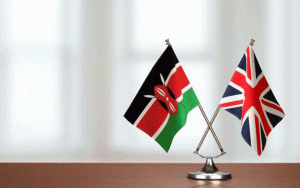
Over the same period, Kenya’s imports from the United Kingdom (UK) from 29.3 billion Kenyan Shillings from 35.3 billion Kenyan Shillings.
Kenya’s imports from the United Kingdom (UK) are spirits, paper and board newspapers, machinery, Vinegar, paper and paperboard, vehicles, printed books, beverages, boilers, articles of pulp, pharmaceutical products, pictures, and nuclear reactors.
It also purchases boats, ships, as well as other floating structures, electricals, textile articles and sets, electronic equipment, miscellaneous chemical products, and worn clothing.
The Cabinet Secretary Betty Maina stated that the extended transition period of seven (7) years will protect emerging industries, while also protecting the Agricultural industry and Kenya’s market interests in the region.
In her words, “Therefore, the exclusion lists is the means by which the government addresses the welfare loss and threats posed by EPAs on agriculture and industry.”
The Cabinet Secretary added that Kenya will stand to gain from the time market potential of the United Kingdom (UK) which is estimated to be 205 billion dollars. Kenya’s exports right now, stand at 0.2 percent of the United Kingdom’s market size.
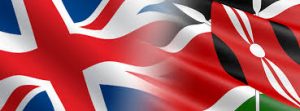
According to Betty Maina, “The government, through the National Export Development Agenda, is aiming at enhancing Kenya’s market share in the UK by five per cent by 2025, which will translate to $10.2 billion (Sh1.1 trillion) up from the current exports to the UK which stood at Sh39 billion for the last five years running 2015 to 2019.”
Economic Partnership Agreement (EPA) between Kenya and the United Kingdom, will also provide full quota free and duty free market conditions for all goods coming from the East African Community partner states, and in to the United Kingdom’s market on a long-term basis that is stable and secure.
How informative was this article? Are there any other new topics, categories, or How To topics, that you would like us to write on? Feel free to reach out to Mpesa Pay in the comment section.

